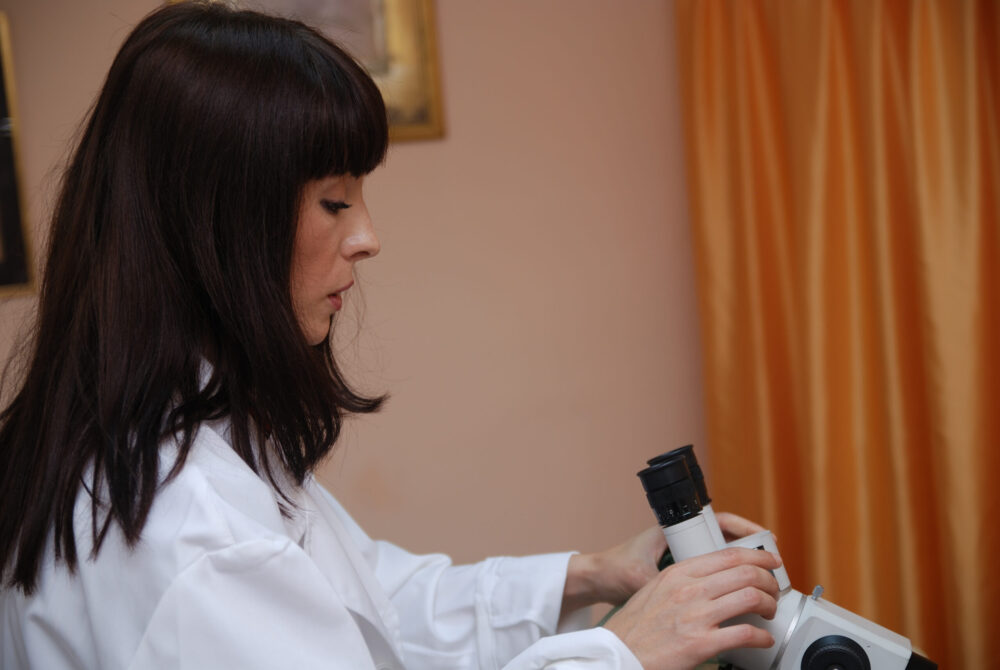When my long-time close friend informed me of her stage three breast cancer, I planned a trip to visit her. She moved from Michigan to Florida and then to South Carolina, where she was diagnosed and treated for hormone-based cancer.
Initially, her oncologist had her on Arimidex and now Tamoxifen. She is looking into other alternatives, such as Xeoloda (Capecitabine). These medications are used to treat breast, colon, or rectal cancer. And works by slowing or stopping the growth of cancer cells.
Hormone therapy is commonly used for the treatment of breast cancer, prostate cancer, and certain types of gynecological cancers. These cancers are often hormone-sensitive, meaning that the growth of cancer cells is influenced by hormones such as estrogen, like my friend, or testosterone.
Hormones are a huge part of our body’s ability to “run” smoothly. When we stop their production to stop certain cancers, we also face unwelcome side effects that can significantly affect quality of life.
Let’s discuss more about what we can do ourselves in conjunction with professional medical treatment.
What foods should I avoid if I have estrogen-positive breast cancer?
Not only does my friend need to take hormone blockers for at least ten years, but she has also changed her diet to avoid certain foods. Specifically, foods the few foods mentioned below:
- Deep-fried foods
- Margarine
- Non-dairy creamers
- Packaged cookies and crackers
- Cake mixes
- Pies
- Pastries
- Processed snacks
What kills cancer cells in the body naturally?
If there are foods to avoid if one has hormone-based cancer, there must surely be some foods that can kill cancer cells naturally. Below are some foods to start incorporating into your diet to achieve better hormone health:
- Cruciferous vegetables (Beet, radish, cabbage, cauliflower, broccoli, Brussels sprouts, and mustard greens)
- Leafy greens
- Garlic
- Tomatoes
- Berries
In addition to the cancer-killing foods mentioned earlier, here are some recipes incorporating these ingredients. Let’s go with a salad and soup!
1. Healthy Green Salad:
Ingredients:
– 2 cups mixed leafy greens (spinach, kale, and arugula)
– 1 cup broccoli florets
– 1 cup sliced radishes
– 1 cup cherry tomatoes, halved (deseeded if you have digestive issues such as diverticulosis)
– 1/4 cup chopped fresh parsley
– 1/4 cup chopped fresh basil
– Juice of 1 lemon
– 2 tablespoons extra virgin olive oil
– Salt and pepper to taste
Instructions:
- Combine the mixed greens, broccoli, radishes, cherry tomatoes, parsley, and basil in a large bowl.
- Whisk together the lemon juice, olive oil, salt, and pepper in a separate small bowl.
- Drizzle the dressing over the salad and toss well to combine.
- Serve chilled and enjoy as a refreshing and cancer-fighting side dish.
2. Roasted Garlic and Tomato Soup:
Ingredients:
– 6 large tomatoes, quartered
– 1 head of garlic
– 1 tablespoon olive oil
– 1 onion, chopped
– 3 cups vegetable broth
– 1 teaspoon dried basil
– 1 teaspoon dried thyme
– Salt and pepper to taste
– Optional: Fresh parsley or basil for garnish
Instructions:
- Preheat the oven to 400°F (200°C). Place the tomatoes and garlic head (top trimmed off) on a baking sheet lined with parchment paper. Drizzle with olive oil and season with salt and pepper.
- Roast 20-25 minutes until the tomatoes are soft and slightly caramelized.
- In a large pot, heat the olive oil over medium heat. Add the chopped onion and sauté until translucent.
- Squeeze the roasted garlic cloves out of the head and add them to the pot and the roasted tomatoes. Cook for another 2-3 minutes.
- Pour in the vegetable broth, dried basil, dried thyme, salt, and pepper. Bring the mixture to a boil, then reduce the heat and simmer for about 15 minutes.
- Use an immersion blender or transfer the soup to a blender and puree until smooth.
- Taste and adjust seasoning if needed. Garnish with fresh parsley or basil if desired.
- Serve hot and savor this comforting and immune-boosting soup.
Including these ingredients in your meals can assist in promoting overall health and supporting your body in its natural defense against cancer cells.
Hormones natural functions in the body
Unless you have hormone-based cancer, our hormone systems must work well, or things can go terribly wrong.
According to the highly acclaimed Cleveland Clinic(https://my.clevelandclinic.org/health/articles/22464-hormones), “Hormones are chemicals that coordinate different functions in your body by carrying messages through your blood to your organs, skin, muscles and other tissues. These signals tell your body what to do and when to do it. Hormones are essential for life and your health.
Hormones and most of the tissues (mainly glands) that create and release them make up your endocrine system. Hormones control many different bodily processes, including:
- Metabolism
- Homeostasis (constant internal balance), such as blood pressure and blood sugar regulation, fluid (water) and electrolyte balance and body temperature.
- Growth and development
- Sexual function
- Reproduction
- Sleep-wake cycle
- Mood
How can I fix my hormonal balance naturally?
Since my mother was diagnosed with diabetes, I have been an avid reader of labels, labels of food, lotions, detergents, etc. Around the same time, I had my first child, and suddenly I was seeking homeopathic, organic routes to reaching a better state of health for me and those I cared for. Here are some suggested ways to keep hormonal levels balanced naturally:
- Seek Knowledge: Start by educating yourself about the different hormones in your body, their functions, and how they interact. Understand the impacts of hormone imbalances on your overall health and well-being.
- Assess Hormonal Health: Consult with a healthcare professional specializing in hormone health, such as an endocrinologist or a naturopathic doctor.
- Nutrition and Diet: Focus on a balanced and nutrient-dense diet that includes a variety of whole foods. Incorporate the cancer-killing foods mentioned earlier, such as cruciferous vegetables, leafy greens, garlic, tomatoes, and berries. Ensure you consume adequate protein, healthy fats, and complex carbohydrates. Avoid processed and sugary foods that can disrupt hormonal balance.
- Regular Exercise: Engage in regular physical activity, including cardiovascular exercises and strength training. Exercise promotes the release of endorphins, which can help regulate hormone levels and reduce stress.
- Stress Management: Chronic stress can negatively impact hormone balance. Incorporate stress management techniques into your daily routine, such as meditation, deep breathing exercises, yoga, or mindfulness practices. Prioritize self-care activities that help you relax and unwind. And don’t be shy about eliminating certain toxic people from your life; it can do wonders for your psyche!
- Adequate Sleep: Aim for 7-9 hours of quality sleep each night. Lack of sleep can disrupt hormone production and lead to imbalances.
- Gut Health: Take care of your gut health, which is crucial in hormone regulation. Consume fiber-rich foods, fermented foods like yogurt or sauerkraut, and consider incorporating probiotic supplements if a healthcare professional recommends.
- Environmental Toxins: Minimize exposure to toxins that can disrupt hormone balance, such as certain household cleaning products, pesticides, and plastic containers. Opt for natural, eco-friendly alternatives whenever possible.
- Regular Check-ups: Schedule follow-up appointments with your healthcare professional to monitor your hormone levels and progress.
It is important to note that managing hormonal balance is a personalized journey, and what works for one person may not work for another. Working closely with healthcare professionals specializing in hormone health will ensure an evidence-based and tailored approach to naturally achieving your hormonal balance.
When is hormone therapy used for cancer?
Hormone therapy is often used after surgery (as adjuvant therapy) to help reduce the risk of cancer coming back. Sometimes it starts before surgery (as neoadjuvant therapy). Hormone-blocking medication is typically taken for five to ten years, depending on the stage the cancer was diagnosed at. For example, my friend had chemo, radiation, and surgery, and the hormone-blocking therapy began. Remember to pay attention to your all-around health, including your hormones – they’re not just for teens!



5jtrms
xjsa8g